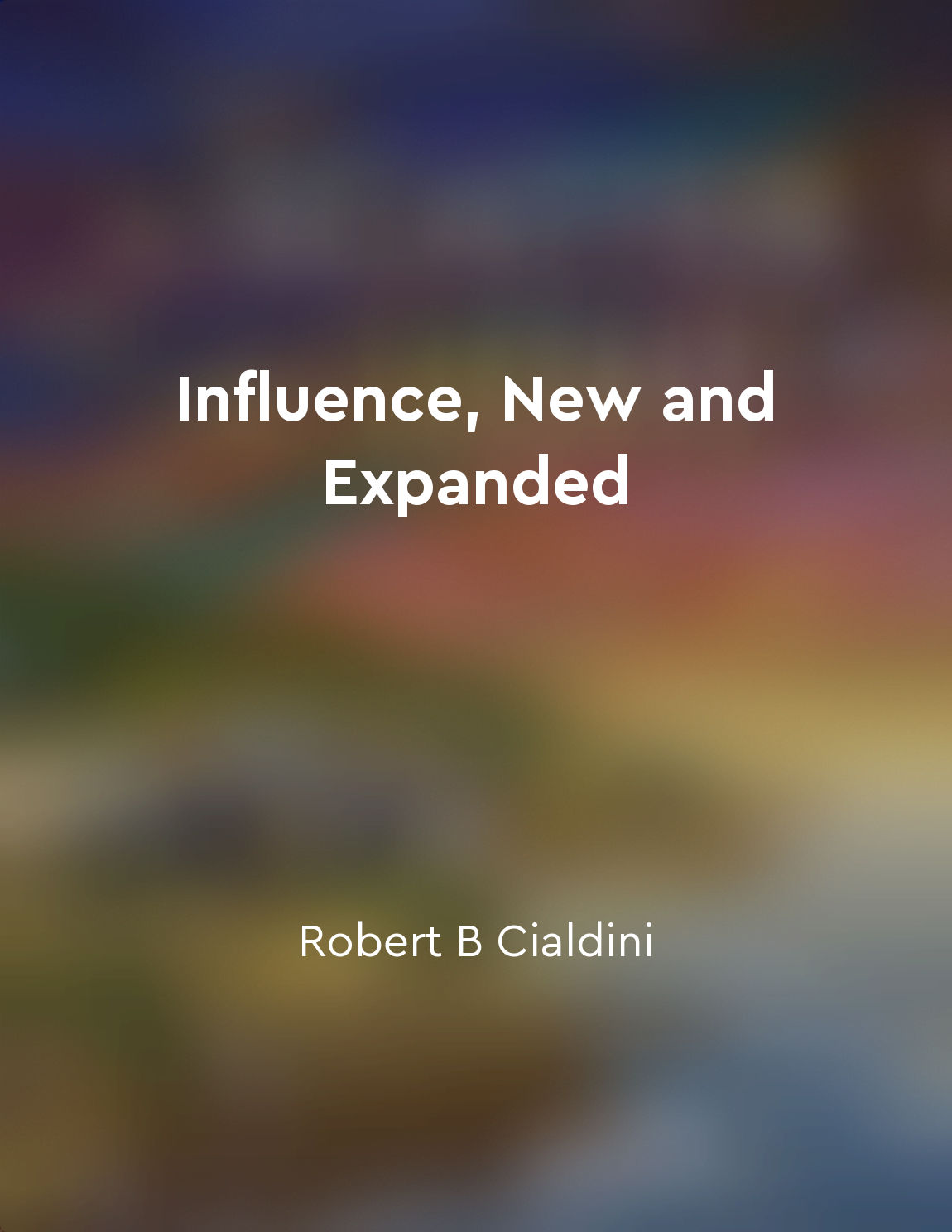Behavioral economics can inform environmental policy from "summary" of Economics of the Environment by Robert N. Stavins
Behavioral economics offers valuable insights that can be applied to the design of environmental policies. By recognizing that individuals do not always act rationally or in their own self-interest, policymakers can better understand the factors that influence behavior and tailor policies accordingly. For example, people may not always respond to financial incentives in the way that traditional economic models predict. Understanding these behavioral biases can help policymakers design more effective and efficient policies. By taking into account how individuals actually make decisions, rather than how they are assumed to make decisions in traditional economic models, policymakers can design policies that are more likely to achieve ...Similar Posts
Supply and demand determine prices in a market economy
In the world of economics, prices are not set arbitrarily or by some mysterious force. Instead, they are determined by the basi...

Legal rules can shape social behavior
Legal rules are not merely abstract principles that exist in isolation; they have a real impact on shaping the behaviors and in...

International finance involves global markets
International finance involves global markets, which means that financial transactions and investments take place across border...
Celebrating successes in environmental conservation
The concept of celebrating successes in environmental conservation is a fundamental aspect of fostering hope and motivation wit...
Reciprocity: giving leads to receiving
Reciprocity is a powerful psychological trigger that influences human behavior. It is based on the idea that when we give somet...

Innovate for climate solutions
To address the urgent challenge of climate change, we must think beyond the status quo and embrace innovation in all aspects of...
Fiscal policy influences government spending and taxation
Fiscal policy is a powerful tool that governments use to steer their economies in a desired direction. This tool involves makin...
Environmental degradation must be addressed
The accelerating loss of biodiversity, the progressive degradation of soils, the contamination of water and air, and the relent...

Authority influences behavior
Authority figures have a powerful influence over our behavior. When we perceive someone as an authority in a particular domain,...
Corrupt political systems can hinder progress
In cities and nations, political systems may become corrupt over time, leading to hindrances in progress. When those in power p...
